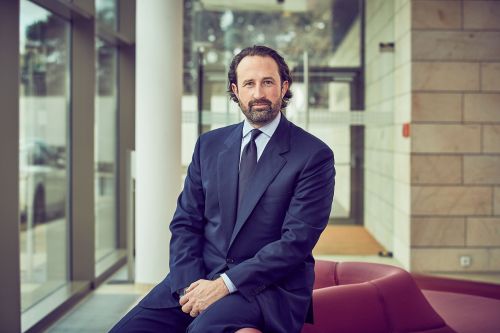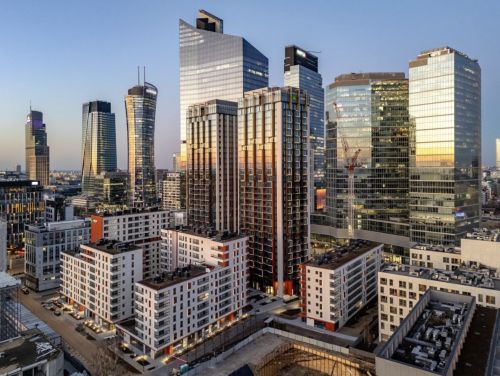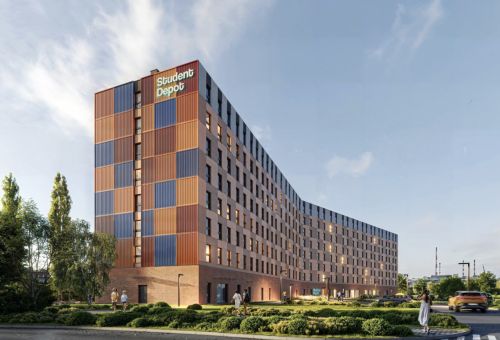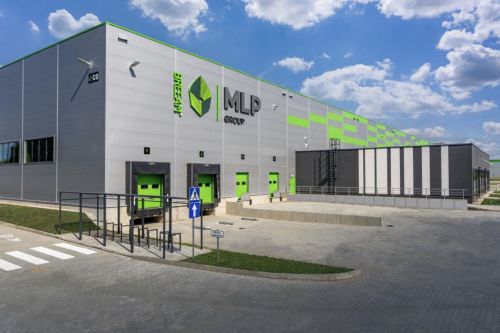The global inflation combined with the effects of the war in Ukraine were the reasons behind the significantly worse state of the world’s stock exchanges over 2022 than had been forecast by analysts at the beginning of the year. Higher interest rates discourage investors from investing in stocks, and the uncertain geo-political situation only compounded this. The end of 2022 gave us just a ray of hope, because inflation across the world seems to have been tamed and the slowdown, although unavoidable, might not be as deep and long as economists have been predicting. Nonetheless, the global situation (and in particular the war) is still generating a lot of uncertainty. For the moment, however, the forecasts are optimistic. According to surveys aggregated by the Polish business journal ‘Parkiet’, the WIG is set to grow this year by 9 pct up to around 62,300 points and – according to the most optimistic predictions – could even reach 70,000 by the end of this


























































